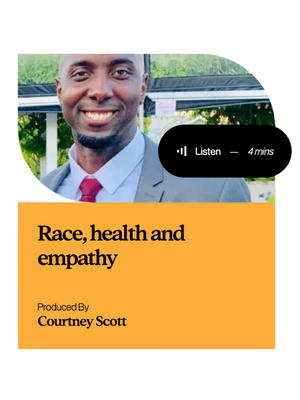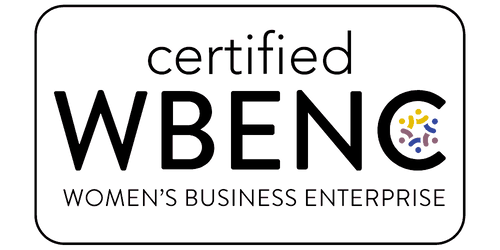DEI learning for a kinder workplace
Level-up your organization with an award-winning diversity, equity, and inclusion (DEI) e-learning program.
Start a free trial today!
CONVENIENT
AFFORDABLE
EFFECTIVE
ON-DEMAND
MOBILE-FRIENDLY
SCALABLE

HOW DEI MICROLEARNING WORKS
Sometimes less IS more, especially when exploring DEI topics. Our brains need time to process new ways of thinking about differences in order for real learning to occur. Research shows that bite-sized concepts can improve long-term retention by up to 80%. Relevant, true human stories, to WATCH, READ and LISTEN to, explore today's societal topics with curiosity and compassion. Short-form learning, with award-winning content, provides a fresh and engaging approach to DEI skill-building.






-

Subscription DEI Courses
Microlearning across societal topics, with rich media, follows evidence-based practice for learner retention of DEI/Equity concepts.
-

DEI Media library
A one-stop content solution for Employee Resource Groups.
-

DEI Learning Workshops
Signature workshops build the mindset and rationale to upskill teams for DEI and new culture norms.
-

CUSTOM STUDIO CONTENT
Custom content ‘Impact Stories’ stories lift your organization’s people-efforts, making your enterprise shine.
Schedule a consultation today to explore which DEI program is best for your business.
You can have 100% participation but ZERO learning with boring training programs. Level-up for the Digital Age with iPondr@Work's evidence-based DEI learning and real-life topics, to keep teams engaged and bringing their best to the workplace.
THIS IS THE FUTURE OF WORK(-ING TOGETHER)
90%
Of US workers believe empathetic leadership leads to higher job satisfaction.
97%
Of Black Knowledge Workers in the U.S. prefer to work remotely or hybrid because fitting in at the office is exhausting. TechRepublic.com
83%
Of Top Companies for People with disabilities were also Top Companies for LGBT employees. DiversityInc
Build an inclusive culture to attract top talent.
Learn more about how iPondr@Work’s diversity, equity, and inclusion microlearning program can change your team’s work and decision-making.
Shape a Winning Culture
Generate superior business outcomes: increase revenue, innovation, and productivity.
Attract top talent: Be known as the organization that puts company culture at the center.
Cultivate engaged employees who feel that they belong.
Power a more inclusive organization that is positioned to win today and in the future.
Contact us
Get on the journey towards a Kinder Workplace culture today!
Contact us to schedule a demo for your organization.
WBENC Certification validates that a business is at least 51 percent owned, controlled, operated, and managed by a woman or women.
iPondr, SBC is recognized by SHRM to offer Professional Development Credits (PDCs) for SHRM-CP® or SHRM-SCP®.













